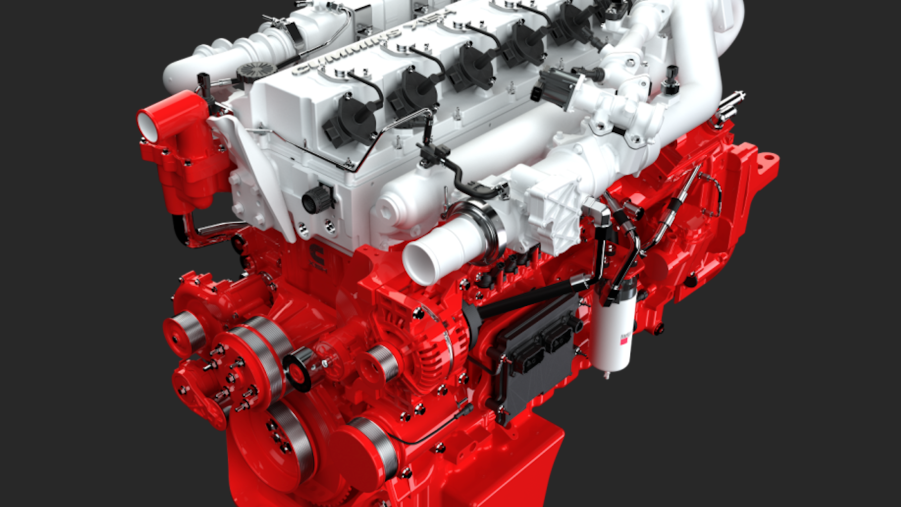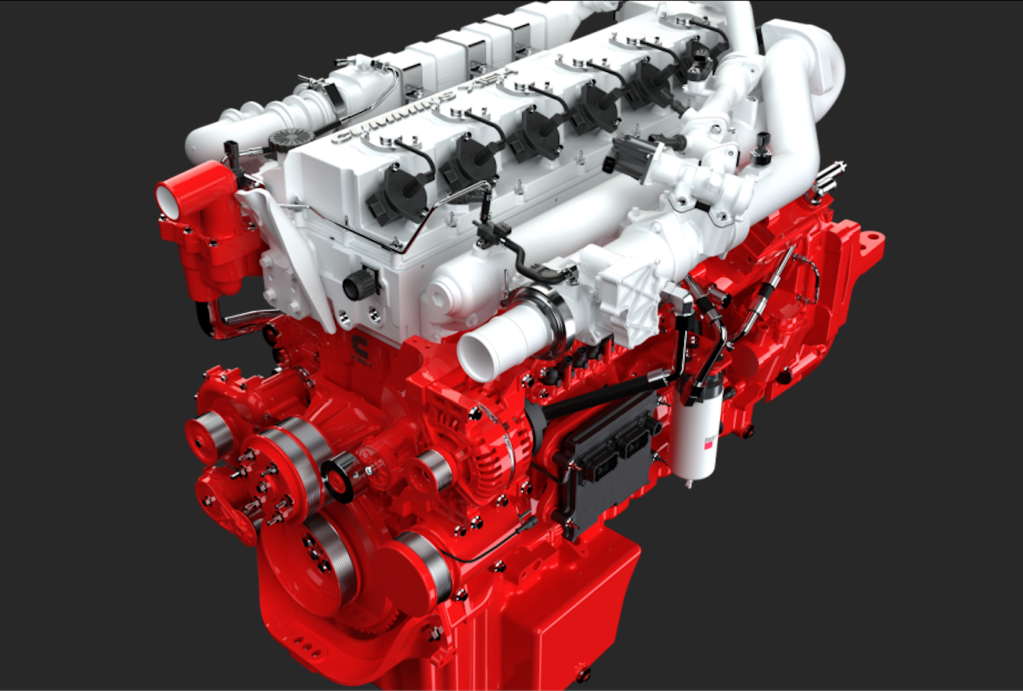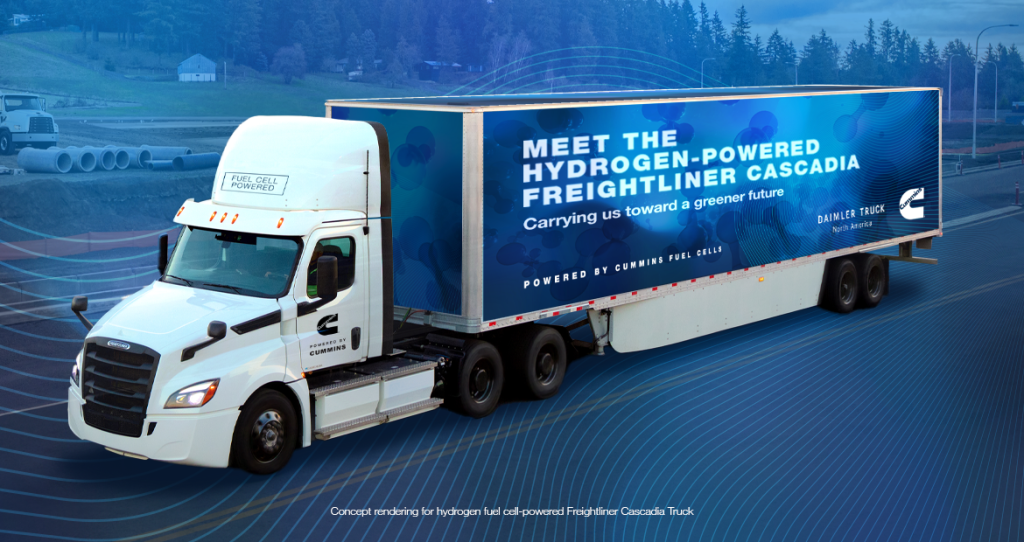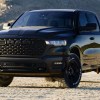
Diesel’s Out Hydrogen’s In At Cummins: Sorry Oil Burners
When you think of diesel engines, you think of Cummins. In some places, Cummins is a generic word for a diesel engine or truck. But not anymore. Cummins has swallowed the hydrogen-power pill. It is shifting development and production to hydrogen. However, we don’t know if Cummins has really done its homework about hydrogen power.
Why doesn’t Cummins just follow the electrification zeitgeist?

Right now, the technology around electric engines powering massive semi-trucks and earthmovers doesn’t compute. The energy density for batteries means they quickly run out of juice when the pedal is put to the metal hauling 80,000 lbs. That’s a typical semi truckload.
So what’s a diesel producer to do? In Cummins’ case, it is trying hydrogen power. But it has even bigger drawbacks than electricity, which raises more questions than answers. Yes, hydrogen is the greenest power source there is. But have you seen how much petroleum it takes to process the stuff? It is very unecological. And a lot more expensive to process. Plus, you know, it can explode like nothing else.
Then there’s infrastructure. Forgetting that there really isn’t much, delivering hydrogen to service stations is more costly than hauling gasoline. And storing it is still more expensive, due to the nature of the stuff. Those are some of the reasons why we haven’t seen a more robust use of hydrogen-powered cars. Once you factor in all of those negatives, hydrogen doesn’t stand up under its current technologically encumbered circumstances.
Cummins says these are reasons why hydrogen works

Cummin’s response is that fuel for these engines will cost less than fuel cells or electric vehicles. And converting current engines to run on hydrogen takes “little modification.” This infers that swapping out a diesel head for a hydrogen fuel head and fuel injection won’t be that expensive. So from that assumption, hydrogen could work for certain applications, like retrofitting existing diesel engines.
To that end, Cummins unveiled a 15-liter hydrogen engine this week. But it is hedging its bets by the way the engine is produced. It features what the company calls a “fuel-agnostic platform.”
There will ultimately be a series of engines that can be powered by different fuels. Each engine within the group will be almost identical below the cylinder head. The head itself will vary based on its fuel needs. That is because the properties of valve designs must be unique to the intended fuel. Fuel injection and spark plug location will also have to change depending on the fuel source.
What kind of power do these hydrogen engines make?

Both the gigantic 15-liter engine and a smaller 6.7-liter version will be its first hydrogen engines. The company says it has seen 290 hp and 810 ft-lbs of torque so far in testing. These engines will be on the market by 2027. They will “enable the industry to take action and reduce GHG emissions,” according to Cummins.
With 2027 less than five years away, there is still time to work on hydrogen’s negatives, like its long carbon footprint before getting into a truck’s fuel tank. Infrastructure, which is limited now, won’t be a problem with the dedicated truck stops positioned around the country. If hydrogen looks like a viable option, they’ll just put in the necessary equipment to store and pump it.
So while we’re a bit skeptical about hydrogen’s upside, we trust that things will look differently by the time these engines come onto the market.



